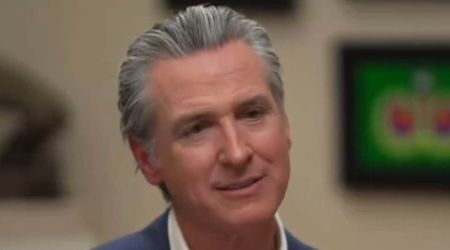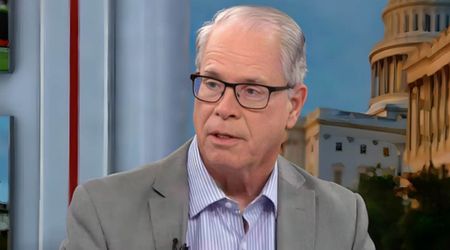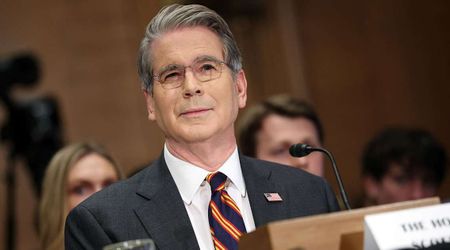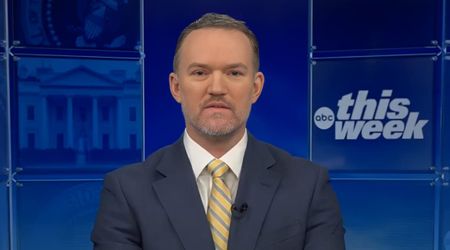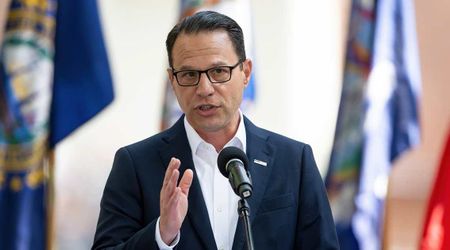Urologist insists Biden likely knew about prostate cancer diagnosis for a while, may not be a surprise

WILMINGTON, DELAWARE: After it was reported that former president Joe Biden has been diagnosed with an aggressive form of prostate cancer, at least one expert isn’t buying the “sudden” part of the story.
A leading urologist is flat-out suggesting Biden may have known a lot longer than the public.

“It’s very unlikely that someone could get annual checkups and not notice a PSA elevation over the past, you know,” Dr David Shusterman, a New York-based urologist, told NewsNation.
“But this is what I typically would see in a VA hospital, where a patient hasn’t had medical attention in 10 years, presents to an emergency room with bone pain, and then they find that it’s metastatic prostate cancer,” the expert continued.
“Usually, it takes from the first diagnosis of prostate cancer to spread would take five to 10 years, even in the most aggressive form,” he added.

Biden’s office revealed this devastating news after doctors spotted a “small nodule” earlier this month. A spokesperson told NewsNation that the finding “necessitated further evaluation." But within a week, it escalated to a full-blown diagnosis, with the cancer having already spread to his bones.
Grim details of Joe Biden's cancer diagnosis
The statement from Joe Biden’s team came on Sunday afternoon, confirming that he was diagnosed with prostate cancer with metastasis to the bone. They noted that it “represents a more aggressive form of the disease.”
However, there was one sliver of hope. “The cancer appears to be hormone-sensitive, which allows for effective management,” the statement said. “The president and his family are reviewing treatment options with his physicians."
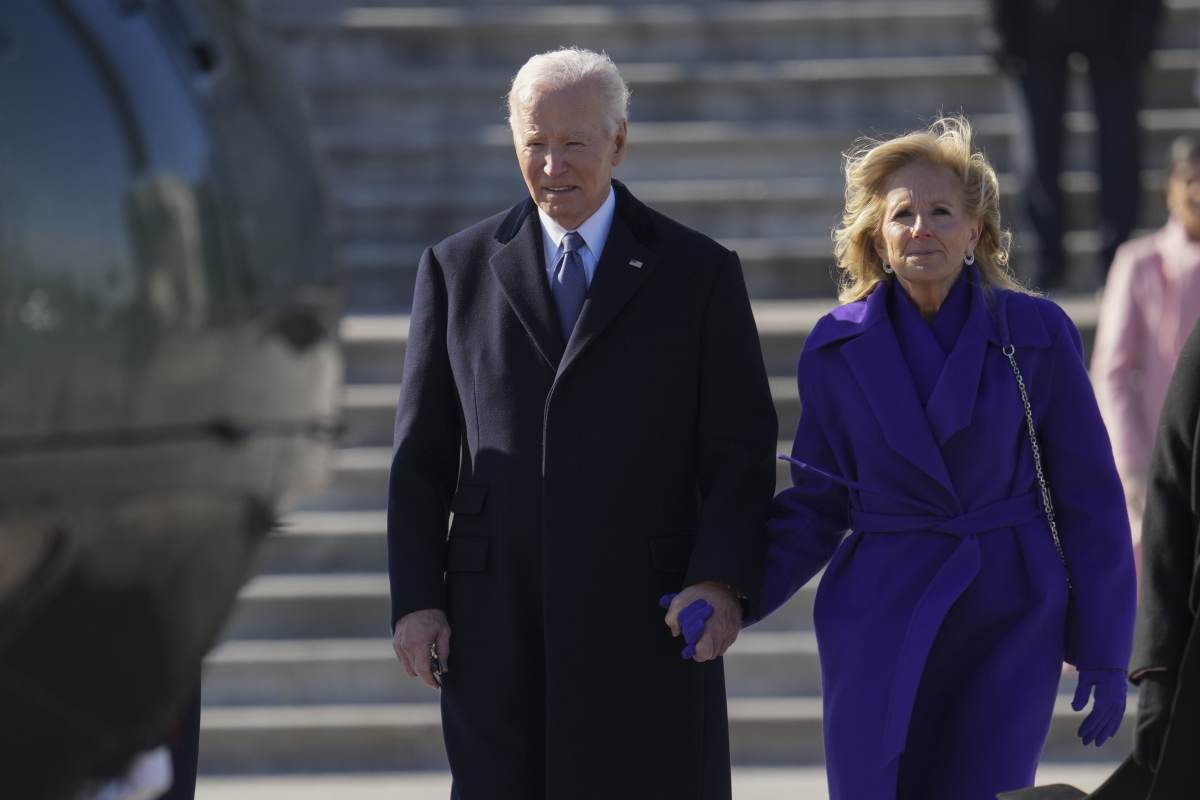
Still, some medical professionals are scratching their heads. “In the modern age of medicine, especially the fact that he was a former president, he had intensive state-of-the-art care,” Dr Shusterman said.
“I mean, it’s very unusual to hear that someone has prostate cancer, where they’re annually being followed up, and the fact that we just find it at a Gleason nine is just pretty much unheard of in this day and age of medicine,” he added.
A Gleason score of 9 is near the top of the scale, which runs from 1 to 10, and indicates cancer cells that look very different from normal ones, meaning they’re extremely likely to spread fast. That’s exactly what’s happened here.

Why prostate cancer is known as a 'silent killer'
According to the Prostate Cancer Foundation, prostate cancer is the second most common cancer among American men, coming in behind only skin cancer. One in eight men in the US will face it at some point in their lives. This year alone, over 313,000 men in the country are expected to be diagnosed.
The cancer develops when normal cells in the prostate mutate and begin growing “in an uncontrolled way,” forming tumors that can spread to other parts of the body, often without any early symptoms at all.
"Unfortunately, early warning signs for prostate cancer are rare,” the PFC explains. “The growing tumor usually does not push against anything to cause pain, so the disease may be silent for many years.”
When they do show up, the symptoms might look like other less-serious issues, such as urinating more frequently, trouble starting or stopping, a weak stream, burning, or even blood in the urine. But the cancer has often already advanced by the time these symptoms appear.
Treatment options for prostate cancer and survival rates
While Joe Biden’s team is reportedly considering treatment options, the road ahead is not going to be easy.
When caught early, prostate cancer is extremely treatable, the Cleveland Clinic says 99% of patients live at least five years after diagnosis. But once the disease spreads (as it has in Biden’s case), that rate plummets to just 32%.
Still, all is not lost. The Mayo Clinic and Cleveland Clinic both confirm that even when prostate cancer escapes the prostate, there are ways to manage it. Treatments range from surgery to beam radiation, brachytherapy, hormone therapy, ablation, immunotherapy, targeted drugs, and radiopharmaceuticals.
Biden’s doctors are hopeful because the cancer appears to be hormone-sensitive. That makes it more likely to respond to some of the treatment options on the table.





